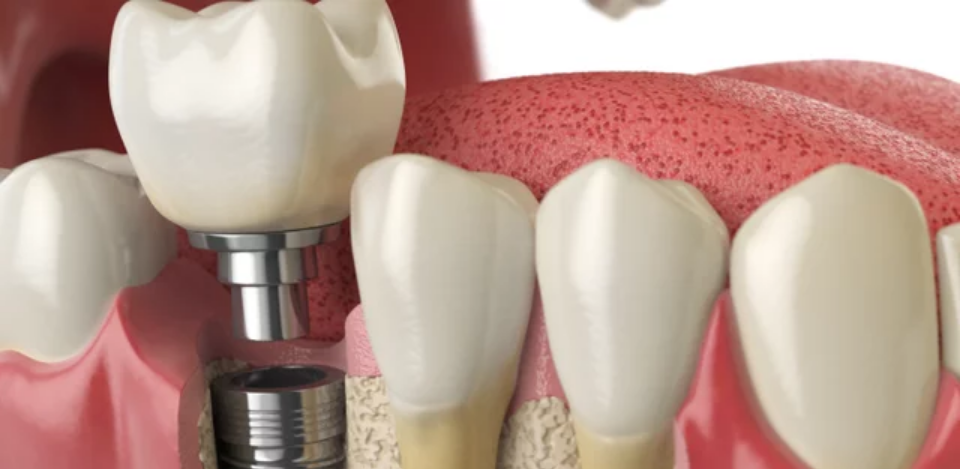
Dental implants have transformed the world of dentistry, providing a durable and natural-looking solution for individuals with missing teeth. While the benefits of dental implants are well-documented, it’s essential to understand the recovery process involved. Proper recovery is crucial for the long-term success of your dental implants.
One of the first things to understand about dental implant recovery is that the timeline can vary from person to person. Several factors can influence the duration of your recovery, including the number of implants placed, your overall health, and the specific details of your surgery.
The initial recovery period after dental implant surgery typically lasts about 7 to 14 days. During this time, you may experience some swelling, discomfort, and minor bleeding as a standard part of the healing process—however, complete osseointegration, where the implant fuses with the jawbone, can take several months.
It’s crucial to diligently follow your dentist or oral surgeon’s post-operative instructions to ensure a smooth recovery. These instructions may include diet, medication, oral hygiene, and activity level guidelines.
While dental implant surgery is less invasive than many other dental procedures, some discomfort is expected during recovery. This discomfort typically peaks within the first few days after surgery and gradually subsides.
Your dentist may prescribe pain pills or recommend over-the-counter pain remedies. Ice packs can also be used to reduce swelling and pain. It’s essential to avoid aspirin, as it can increase the risk of bleeding.
Maintaining good oral hygiene is crucial during recovery, but be gentle when brushing near the surgical site to avoid irritation. Using a soft-bristle toothbrush and a prescribed mouthwash can help keep your mouth clean without causing harm.
After dental implant surgery, you must make temporary dietary adjustments to promote healing and minimise the risk of complications. Your dentist or oral surgeon will likely recommend a soft-food diet for the first few days to weeks. This may include:
Avoid eating foods with tiny seeds or firm textures that might become lodged in the surgery region and hot and spicy foods. As your recovery progresses, you can gradually reintroduce a more varied diet but always follow your provider’s guidelines.
Maintaining proper oral hygiene is essential during dental implant recovery to prevent infections and ensure the long-term success of your implants.
You’ll likely be instructed to avoid brushing the surgical area for the first few days after surgery to prevent irritation. Instead, you can use a prescribed mouthwash or saltwater rinses to clean the area. As your recovery progresses, you’ll gradually resume brushing and flossing, taking care to be gentle around the implant site.
Follow your dentist’s recommendations regarding antimicrobial rinses or antibiotics to minimise the risk of infection. Regular check-ups with your dentist will also allow them to monitor your progress and address any concerns promptly.
If you’re a smoker or consume alcohol regularly, it’s crucial to make temporary lifestyle changes during dental implant recovery.
Smoking restricts blood flow, which is essential for proper wound healing. Nicotine also impairs the immune system’s ability to fight off infections. If you smoke, it’s highly recommended that you quit or at least abstain during your recovery.
Alcohol can impair the body’s capacity to heal and may interact with drugs administered during the recovery process. Avoiding or limiting alcohol consumption is essential to optimise the healing process.
Affinity Health
is South Africa’s leading health coverage provider, offering you a range of options at affordable rates.